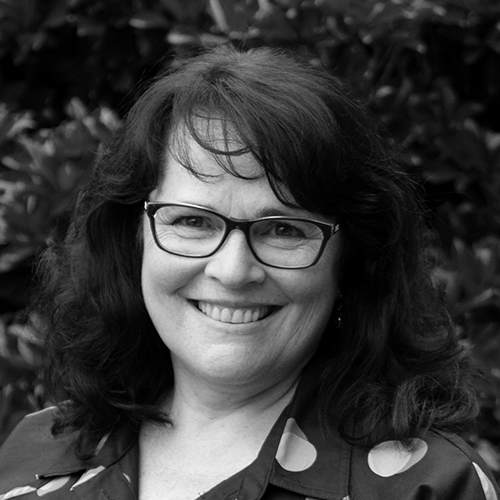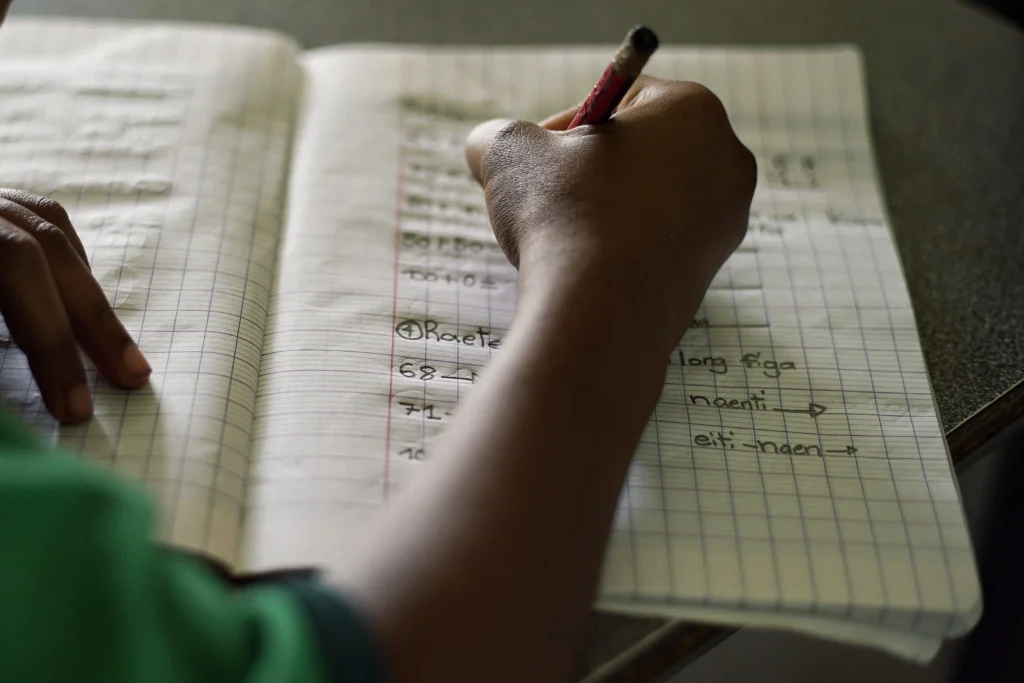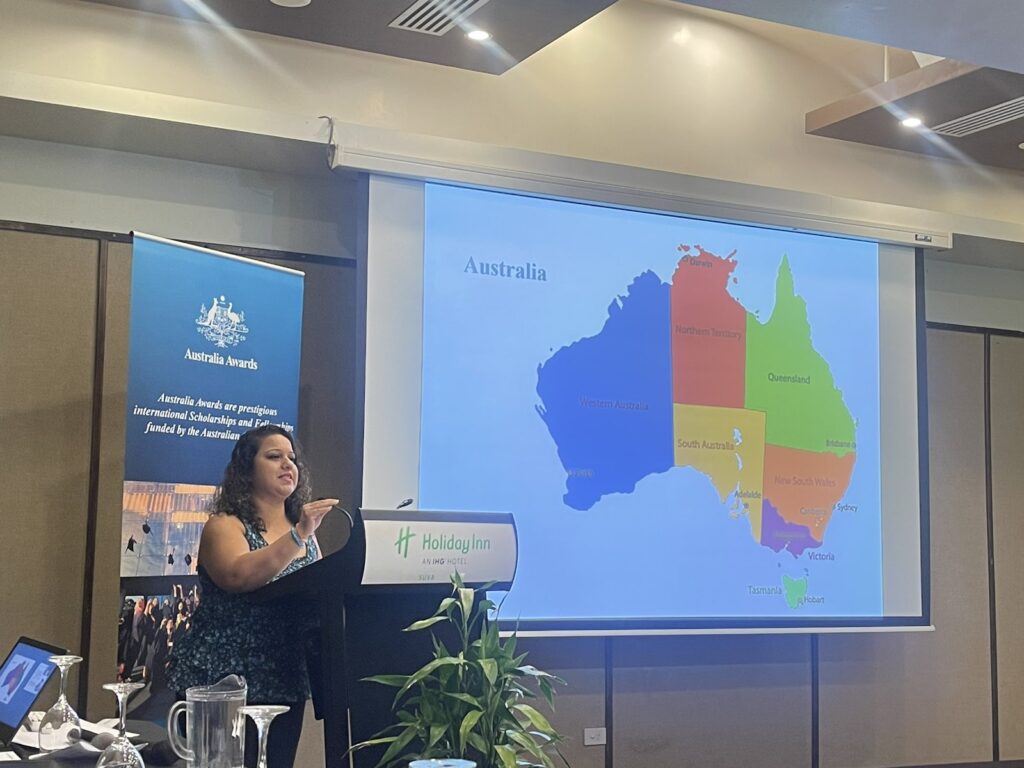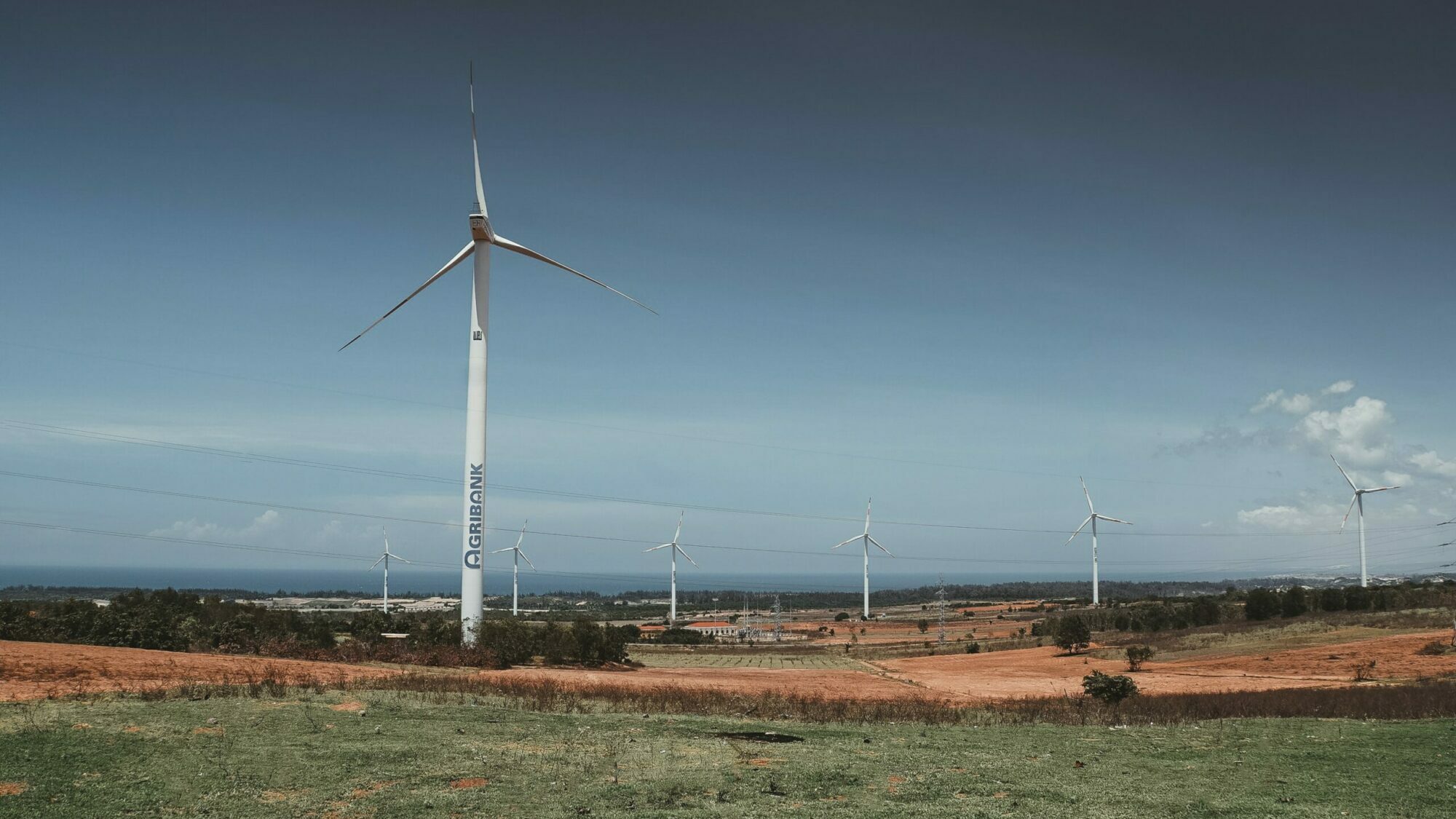

Defying bias through participation in STEM
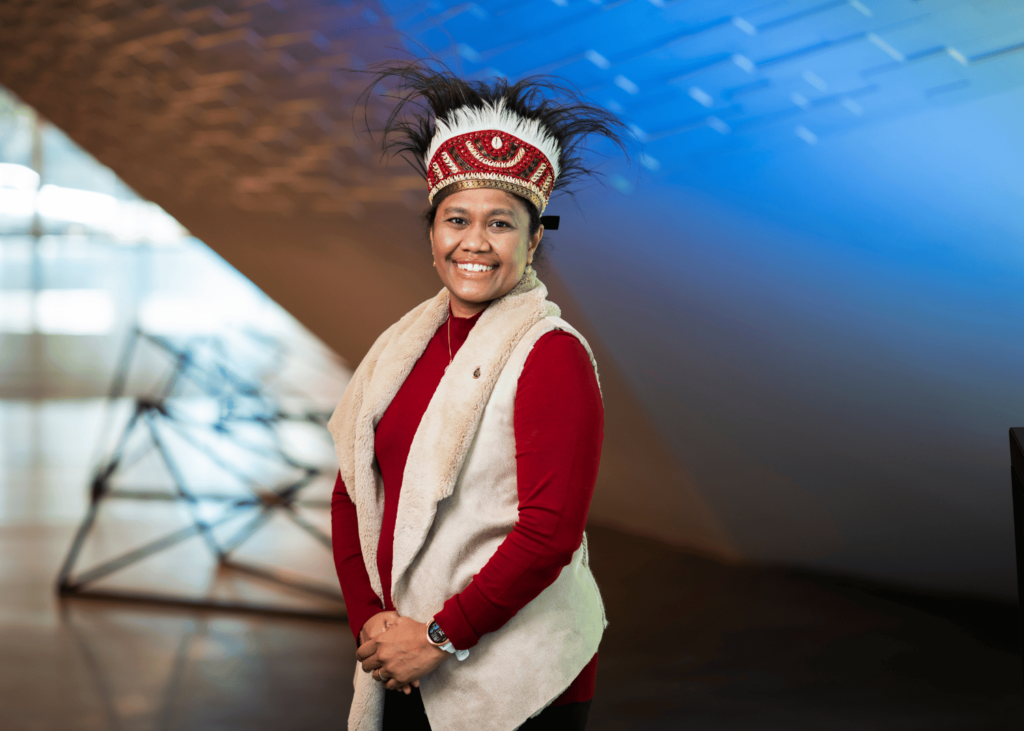
Monita Wambrauw, image courtesy of Australia Awards in Indonesia
Through the Australia Awards in Indonesia program, alumni like Monita Wambrauw are examples of how Indonesian women are working to defy gender bias through participation in science, technology, engineering, and mathematics (STEM) to achieve their academic ambitions. Though gender inequality in STEM fields is present worldwide, the situation is even more worrying in Indonesia. In 2018, only 12% of STEM graduates were women. The country’s plans for Industri 4.0 and the quick pace of technological breakthroughs because of artificial intelligence mean that those without the relevant skills, the majority of whom are women, will be left behind.
Monita, now a lecturer at the Department of Urban Planning, Universitas Cendrawasih in Jayapura, Papua, has not let out-of-date mindsets regarding women in STEM hinder her dreams or the dreams of her sisters. While many Papuan women work in healthcare and aviation, there are still not many female students in civil engineering, urban planning, and other STEM disciplines. This is slowly changing. In the mid-2000s, a mere handful of Monita’s students were women, but they now make up 30% of her students. Because of programs like Australia Awards, young Indonesian women have the opportunity of choice to break away from the traditional female-focused fields in healthcare and aviation and pursue education that allows them to build careers in STEM.
“Development scholarships such as the Australia Awards in Indonesia are very important. Recipients come back with a higher degree and the capacity to contribute to their institution, their hometown and the extended region.”
— Monita Wambrauw, Australia Awards Program Alumni
Tetra Tech manages the Australia Awards scholarships program Indonesia on behalf of the Australian Government.
This is republished from Tetra Tech International Development. Read the full article: Tech for Change: Helping Women and Girls Rise
